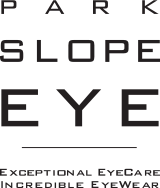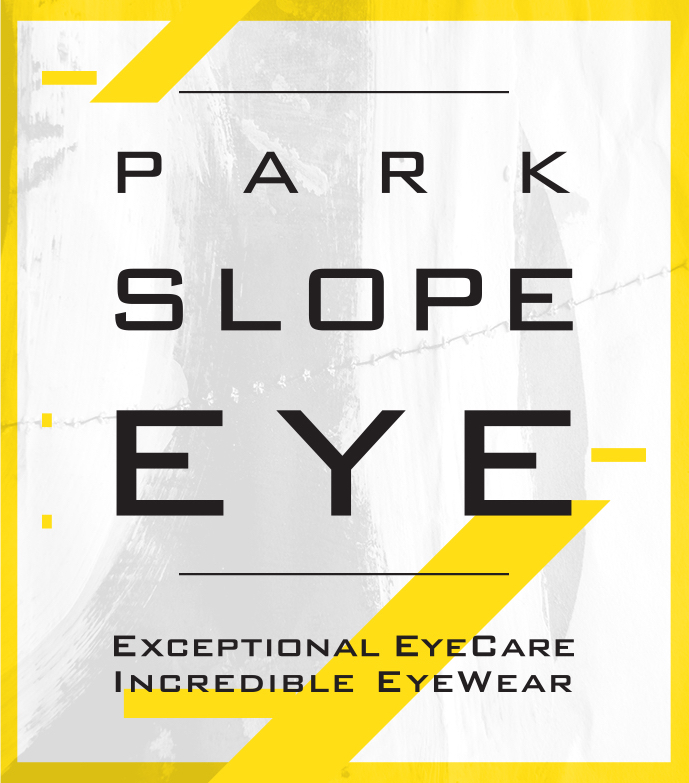Eye exams are critical for maintaining healthy vision, but is it really necessary for your optometrist to dilate your eyes during the process? If you have questions about what dilating your eyes can accomplish, don’t worry — you’re in the right place to find answers.
We’ve been conducting eye exams and providing other vision services in Brooklyn for years, so we can tell you all about dilating the eyes and why it matters. Keep reading, and learn all about how having your eyes dilated can make it easier to preserve your vision in the future.
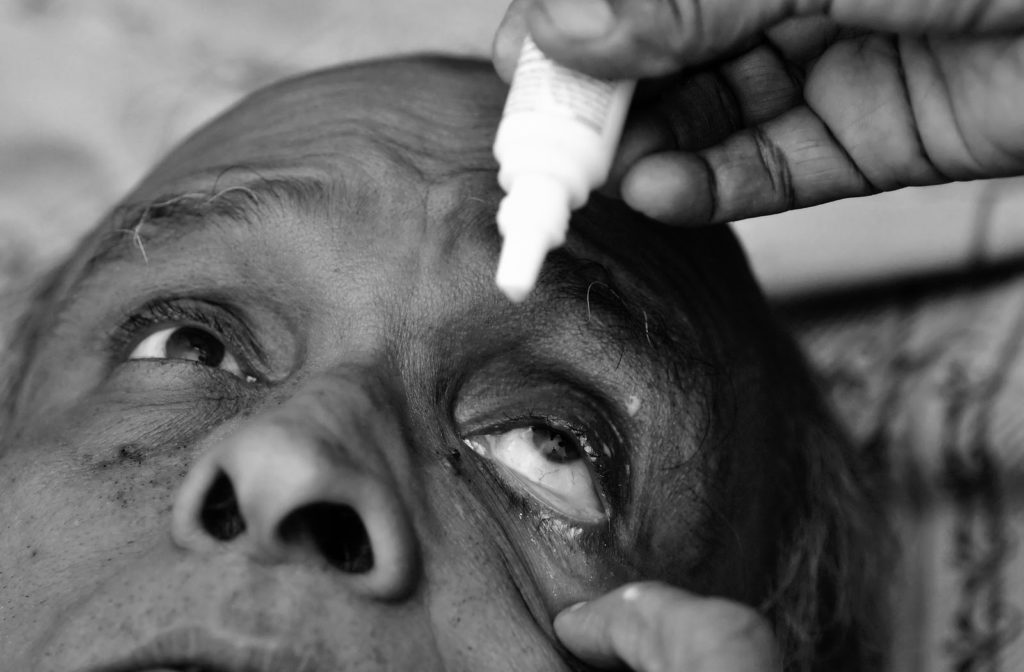
Dilating the Eyes: How and Why Optometrists Do It
Dilating the eyes involves adding a small amount of liquid to each eye, using either an eyedropper or a spray. The liquid contains chemicals that block the parasympathetic receptors in your iris’s sphincter. As a result, this sphincter cannot prevent the muscles in your iris dilator from constricting, which causes your pupil to enlarge.
When your pupils are larger, they let in more light. When more light enters your eyes, your eye doctor can more easily view the back of your eye and check for signs of numerous diseases or conditions. Dilating your pupils can help your optometrist detect:
- Glaucoma: a disease that occurs when the pressure in your eye’s optic nerve becomes too high. Glaucoma is the leading cause of blindness for people over the age of 60, but it can affect anyone at any age, even with no family history.
- Cataracts: a condition that occurs when your eye’s lens becomes thicker and turns cloudy, generally due to age or an injury. However, numerous conditions can increase your risk of cataracts, including diabetes and specific medications.
- Age-related macular degeneration (AMD): as you get older, a part of your retina called the macula becomes weaker. The macula controls your central vision. When it deteriorates, you may experience difficulties recognizing people’s faces or completing everyday tasks such as driving. AMD is a leading cause of vision loss for people older than 50.
- Diabetic retinopathy: this diabetic complication occurs when high blood sugar damages your retina. If left untreated, it may eventually cause blindness.
- Detached retinas: in rare cases, the retina at the back of your eye can pull away from the blood vessels that feed it oxygen and vital nutrients. Early retinal detachment often causes flashing and large floaters in your vision, but if left unchecked, it can lead to blindness as well.
- Ocular tumors: freckles, moles, and cancerous tumors can all grow in the eyes, although it isn’t widespread, and the 5-year survival rate is 80%. However, regular eye exams with dilation drops are still necessary to detect cancer in the eye early and prevent it from spreading.
Some of the conditions listed above — such as glaucoma — lack noticeable symptoms at first. A comprehensive eye exam can be the only way to identify these conditions early and manage them before they can severely impact your vision. As such, dilating the eyes is necessary to ensure long-term healthy vision in people of all ages.
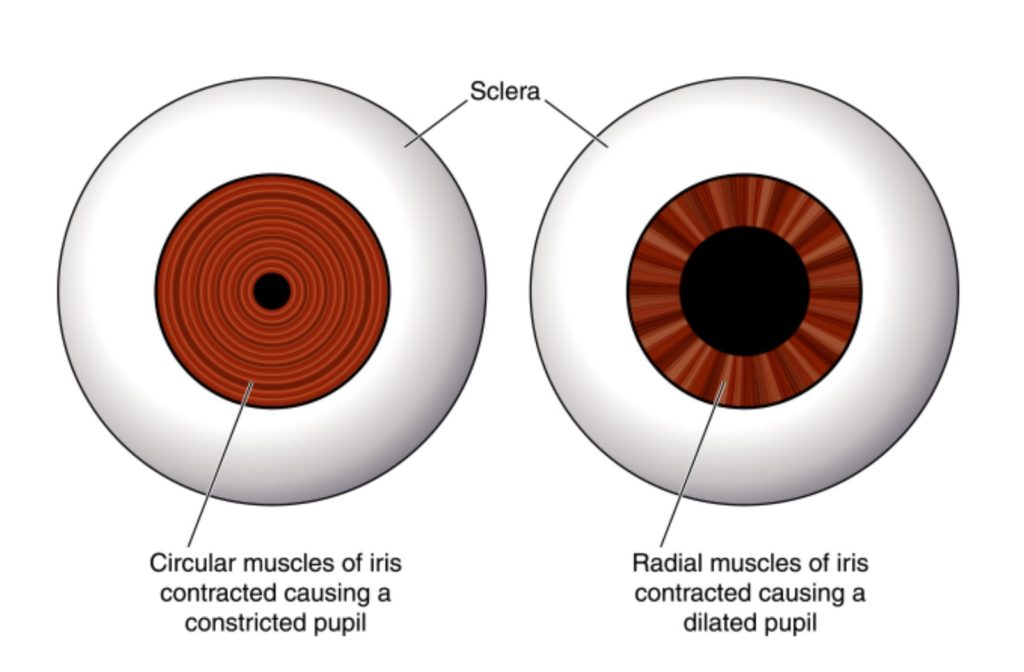
Side Effects of Dilation
Dilating the eyes rarely produces side effects, although your pupils will stay enlarged for 4 to 24 hours after your exam. As long as your eyes remain dilated, your vision will blur (because the parasympathetic nervous system also controls how the eye focuses on nearby objects), and you may experience difficulty reading. Since the pupil is also allowing more light into your eye, your eyes could be extra sensitive in bright conditions.
In rare cases, you may also experience allergic reactions to dilation eye drops. Most of these symptoms are mild, but they are still worth noting.
Mild allergic reactions to dilation eye drops include:
- Swelling near the eyes
- Redness near the eyes
More severe allergic reactions to dilation eye drops can include:
- Dry mouth
- A flushed face
Is Dilation Always Necessary?
Your eye doctor may decide not to dilate your eyes during every exam. They are less likely to dilate your eyes if you do not meet any risk factors for diseases that dilation can reveal.
When your eye doctor is deciding whether or not to dilate your eyes, they will consider the following:
- Your age: eye diseases appear more frequently in older people. We recommend a dilated eye exam once every two years for people over 60 years old.
- Your ethnic background: specific demographics, such as Black and Latinx people, are at increased risk for glaucoma. We advise people who fall into those demographics to have dilated eye exams every two years from the age of 40 onward.
- Your health history: if you have diabetes or other conditions that make eye diseases more likely, you will likely need dilated eye exams more often. Additionally, you may be more likely to experience other eye diseases if you have previously had a detached retina.
- Your current symptoms: some symptoms can be indicators of multiple conditions, and dilating the eyes is the only way we can eliminate specific possibilities.
When Dilation Isn’t Necessary
In some cases, your optometrist may want to take a closer look at your eyes without dilating your pupils. In today’s landscape, there are some excellent diagnostic tools available that allow them to do so.
Retinal imaging is a tool that your optometrist can use to take a digital picture of the back of your eye. It shows the retina, optic disc, and blood vessels, helping them pinpoint early signs of eye disease.
Optos provides an ultra-widefield retinal imaging technology that gives your optometrist a 200˚ view of your retina in a single image capture. The technology is non-invasive and can display a 6-image overview of both eyes in as little as 90 seconds.
Depending on your unique situation, pupil dilation may not always be necessary, especially with the use of retinal imaging.
Dilating Your Eyes Keeps Them Healthy in the Long Run
Dilating your eyes can cause short-term inconveniences, but it provides long-term safety and peace of mind by helping your optometrist catch several serious problems in their early stages. Remember to schedule regular eye exams with your eye doctor, and listen to their advice if they recommend dilating your eyes.
